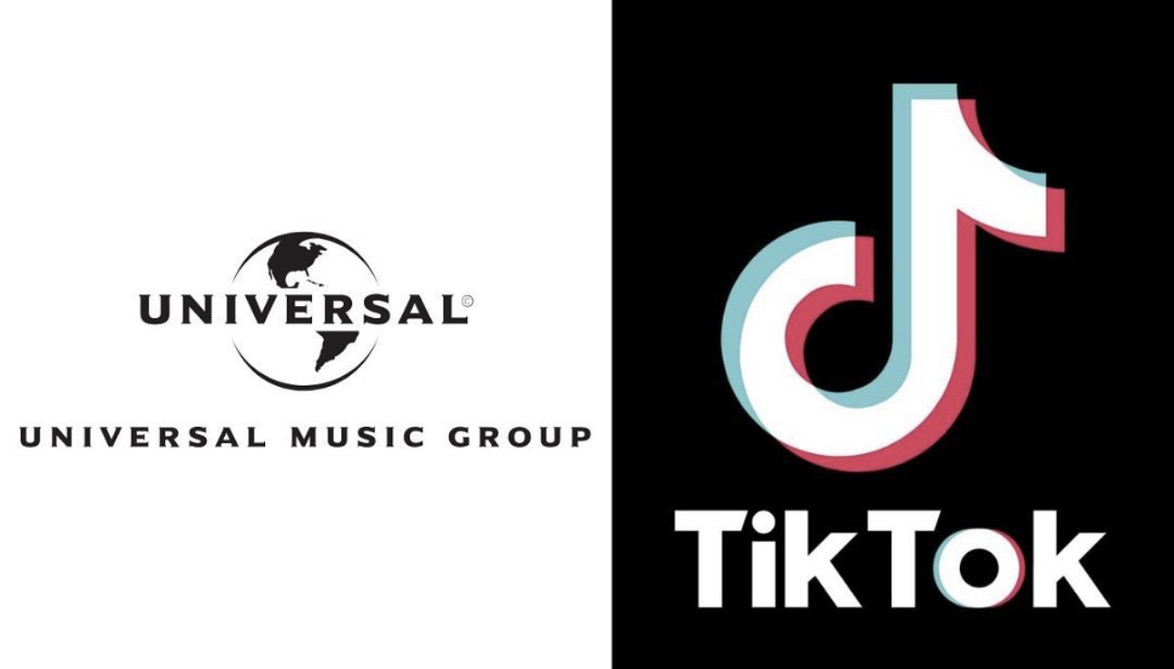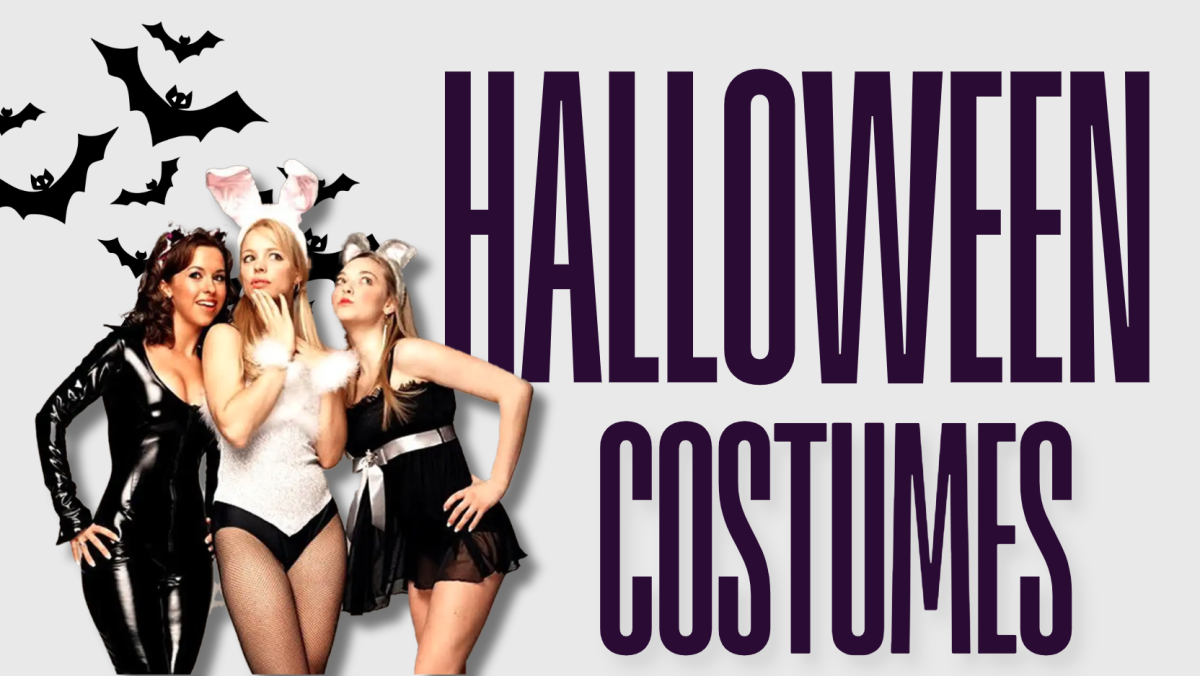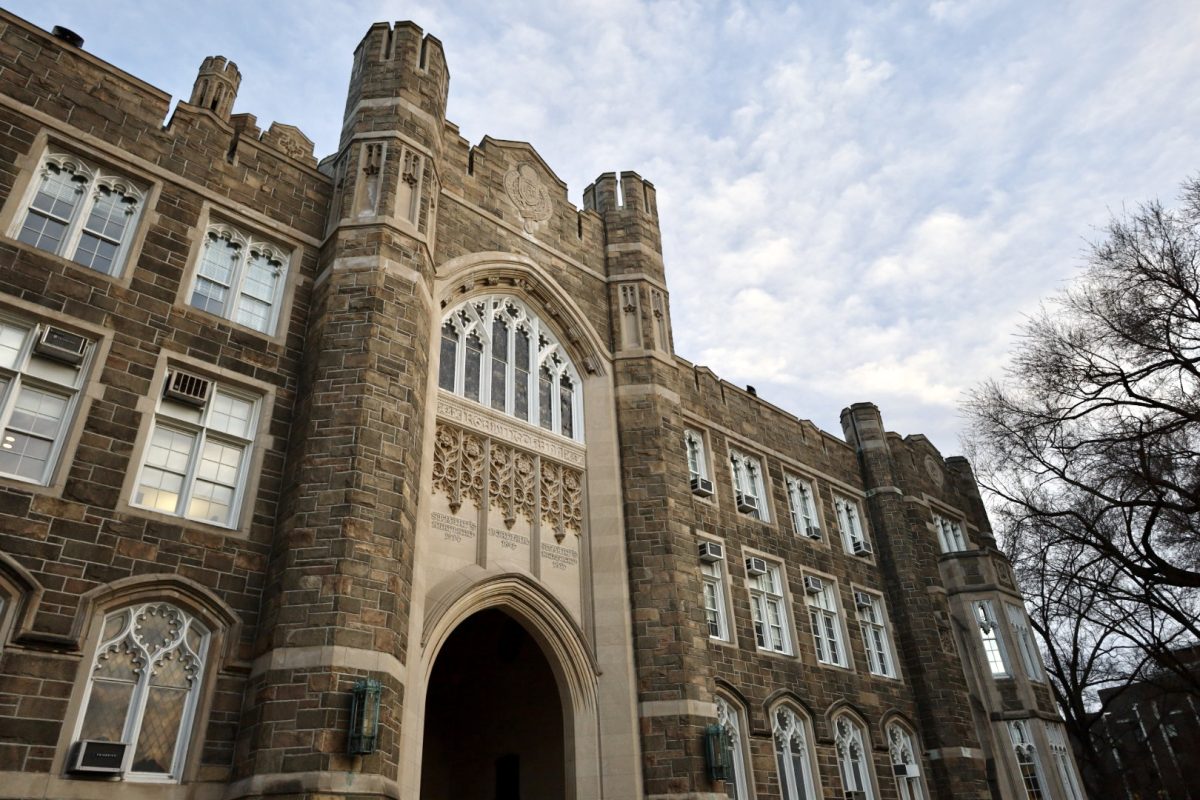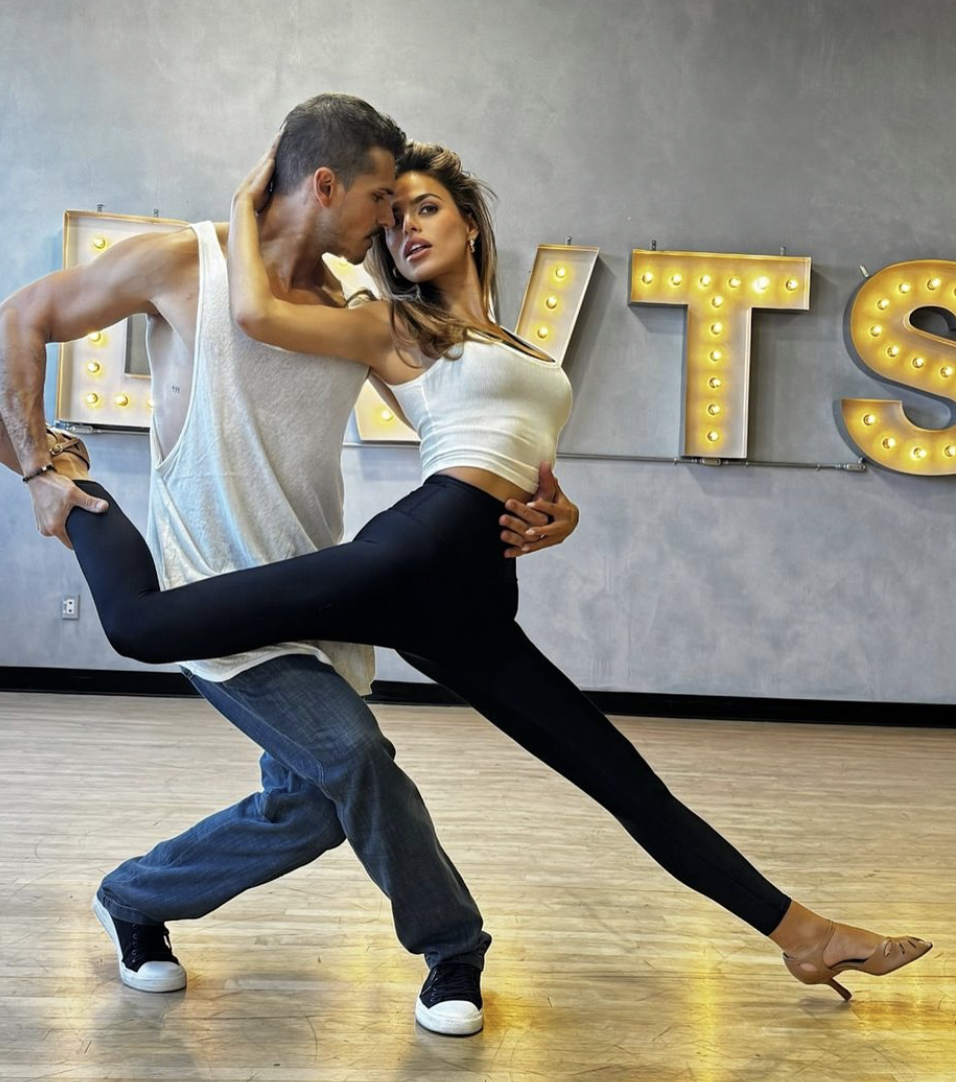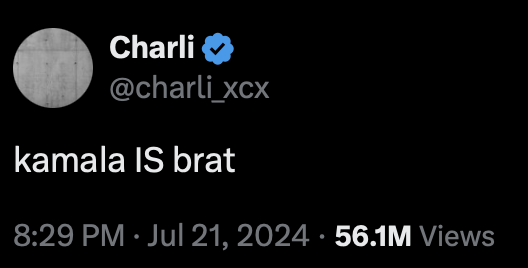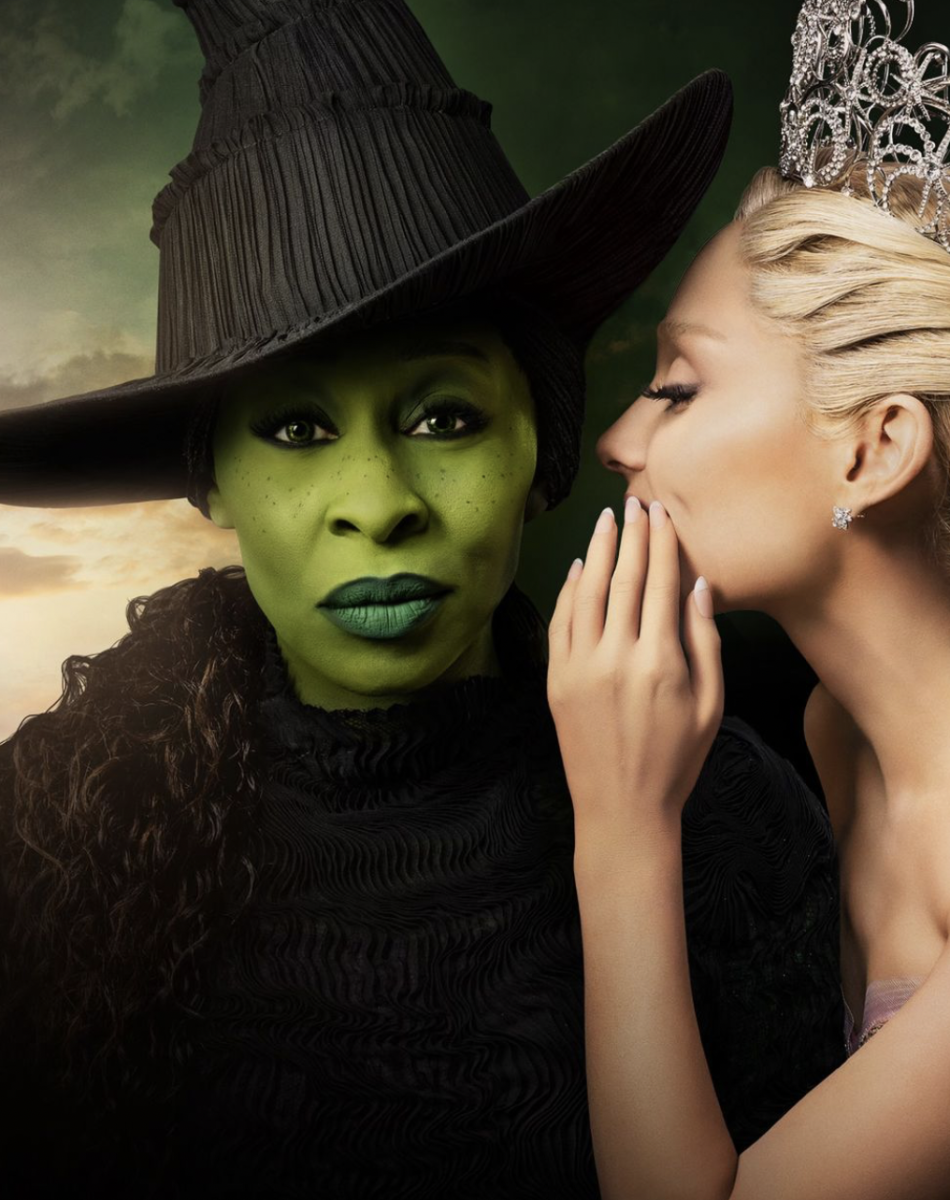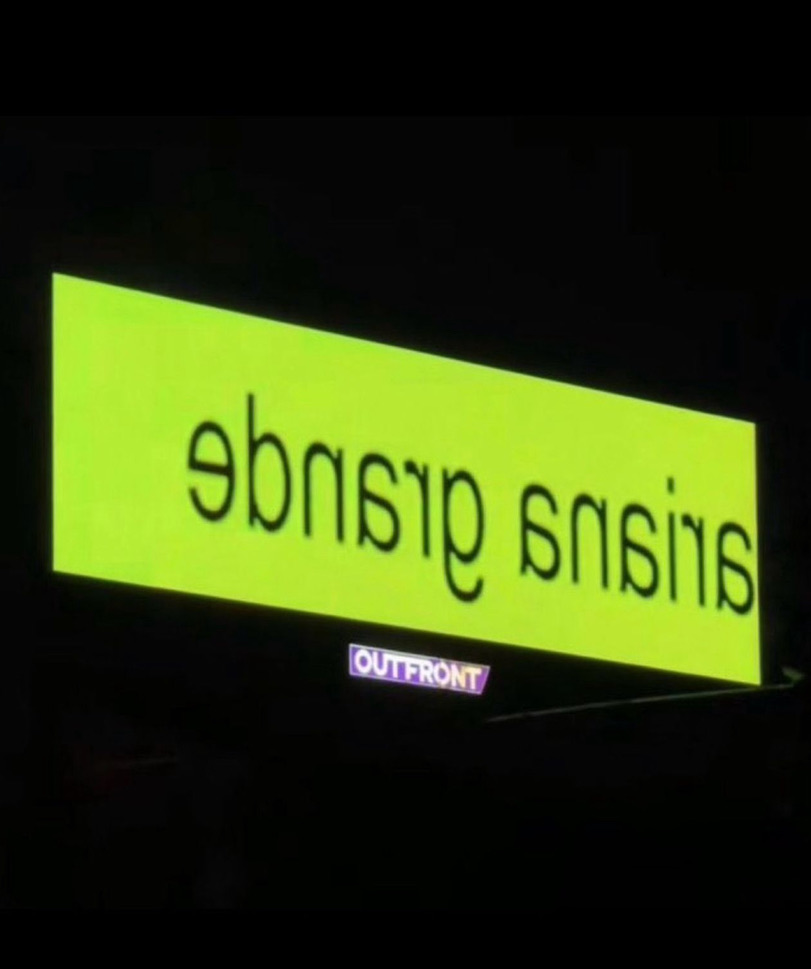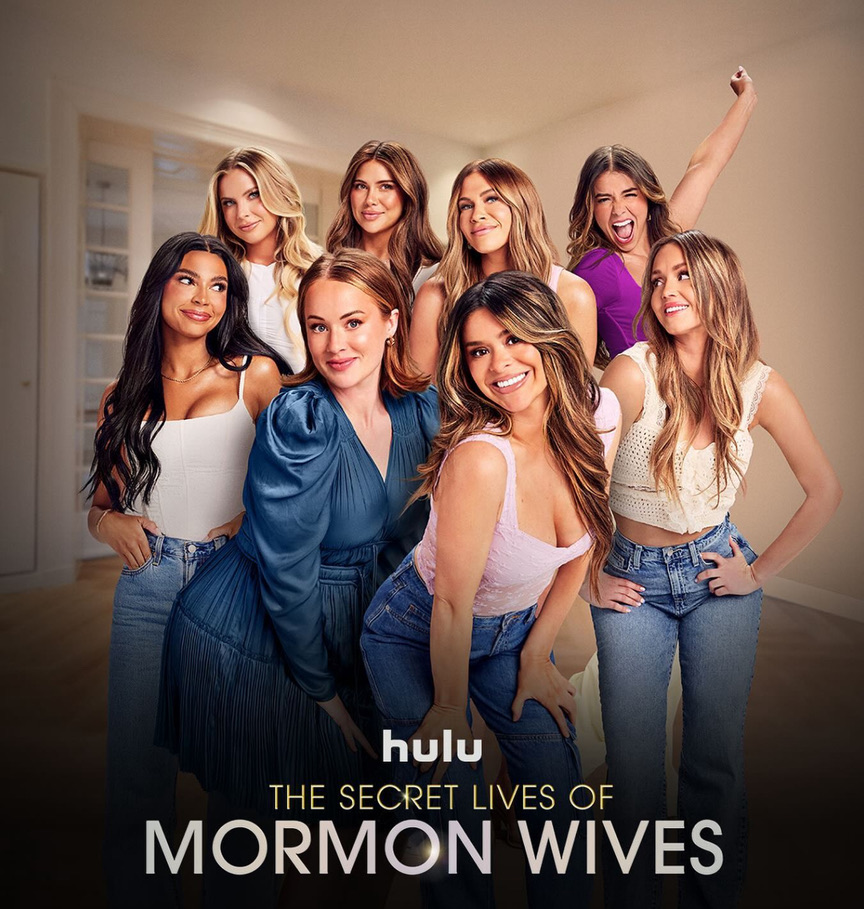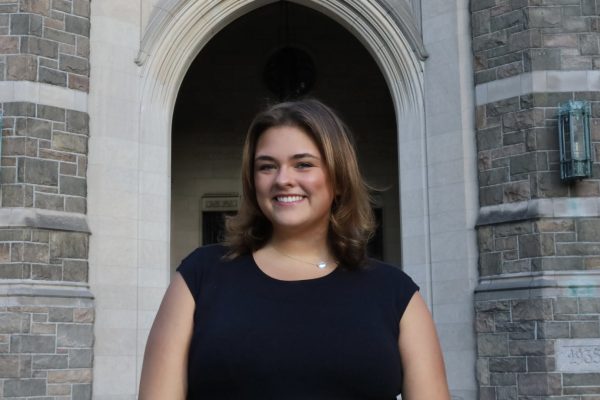On Feb. 1, Universal Music Group (UMG) announced they had started the process of removing their artists’ music from the social media app TikTok. On Thursday morning, millions of videos were muted that contained songs of artists such as Taylor Swift, Bad Bunny and Drake.
UMG posted a statement to their website titled “An Open Letter to the Artist and Songwriter Community — Why We Must Call Time Out on TikTok.” They explain how their relationship with TikTok was bonded by a contract set to expire Jan. 31, 2024, and they chose not to renew it due to concerns they had regarding fair compensation for their artists and songwriters, the future of AI and music and the overall online safety for TikTok’s users.
TikTok has come under fire in the past few years due to concerns about privacy and safety on the app. In Jan. 2020, the U.S. government banned TikTok from all government-issued phones due to security risks, and a couple of years later, in Jan. 2023, Missouri Senator Josh Hawley introduced a bill to ban the platform nationwide.
TikTok CEO Shou Zi Chew was questioned for hours by the House Energy and Commerce Committee regarding these concerns during a hearing in March 2023, mainly about TikTok’s partnership with the company ByteDance, as people thought Bytedance was sharing U.S. users’ information with the Chinese government. The bill was later blocked in the Senate by a forced vote on March 29, 2023.
When this bill was announced to ban TikTok in the United States, many artists were concerned about the fate of the music industry. TikTok prides itself on being a music-driven app, and many aspiring musicians go to TikTok specifically to promote their songs. The platform is designed in a way that causes songs to go viral and gain widespread recognition quickly. This is because users create and share short-form videos set to music, often resulting in a song becoming a trend and gaining popularity. TikTok has a “For You Page” where videos are recommended to users, making it a great platform for music exposure for listeners as well as musicians.
Removing their artist’ songs from TikTok blocks the pathway for newer artists to have career- changing opportunities. On Feb. 1, Cody Fry, a Nashville-based musician, posted a video to TikTok raising his concerns about the issue. His song titled “Things You Said” featuring Abby Cates is going viral on TikTok in China as a result of a trend where people are making videos talking about how beautiful they think the song is. The track reached number one on the Shazam charts in China, and the data analytics which he shared show that in one day alone over 769,000 videos were made on TikTok using his song. “This is like everything you hope for as an artist… It’s the timing of it… I did the thing, I did what you’ve been hoping I would do!”
Many TikTok users have responded to the removal as well. One user @jerseyyjoe, who is known for his dancing videos, made a TikTok video of him dancing to royalty-free music, captioning it, “When UMG removed all their sounds off of TikTok.” Others have taken to social media platforms such as X, formerly known as Twitter, to voice their opinions, with one user writing, “so TikTok is pointless now,” in response to a post from @PopCrave about the musical severance.
A similar situation occurred in late 2008 between YouTube and Warner Music Group, where Warner pulled all of their artists’ music videos from the platform because of unfair compensation. Nine months later, the two companies came to an agreement, and Warner added their music back onto the platform.
Maybe in nine months, everyone will be back to singing their favorite Swift songs on TikTok. Unless a better deal is proposed, UMG does not plan to return to the platform anytime soon, standing with the rights of their artists.





































































































































































































